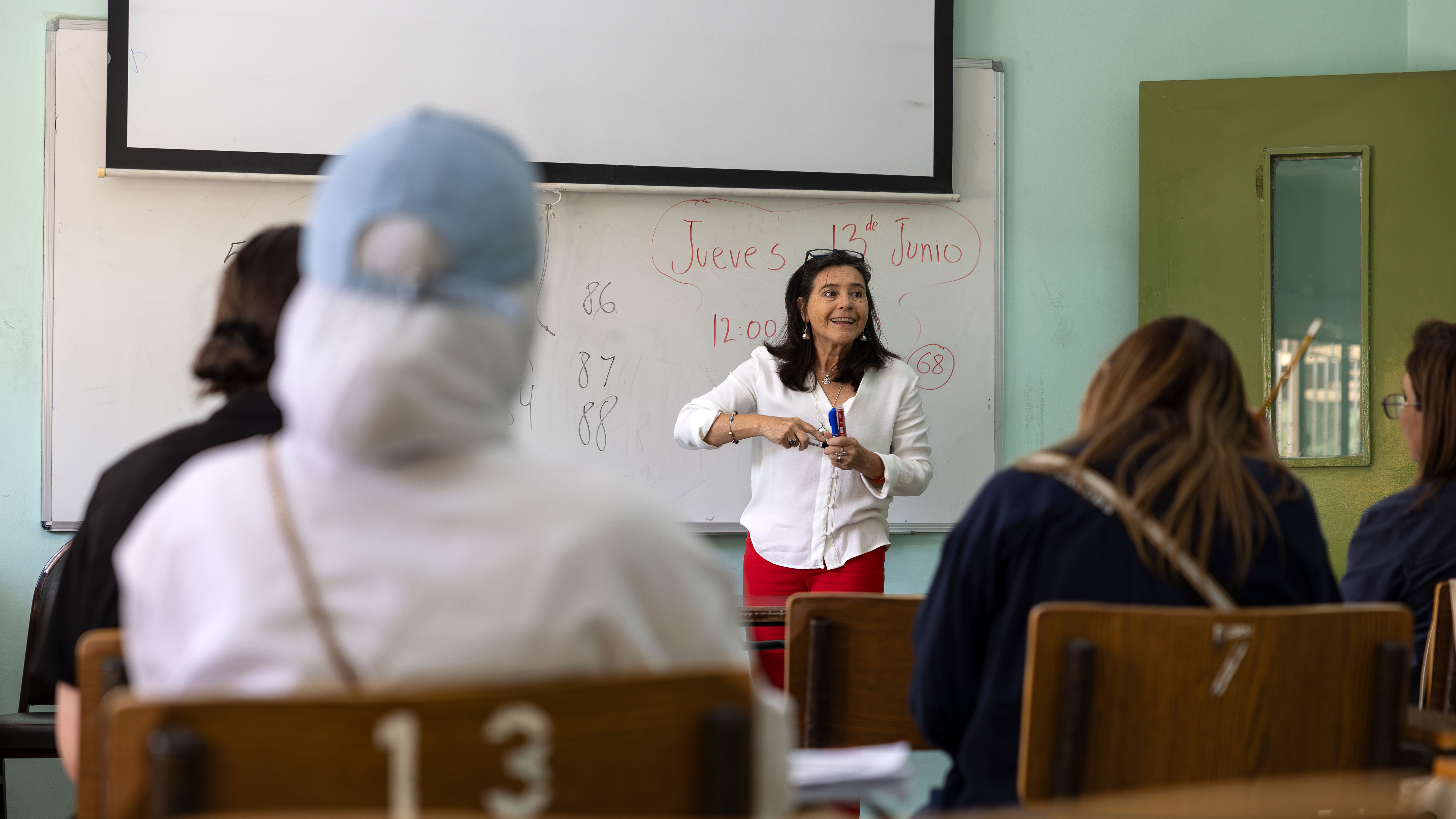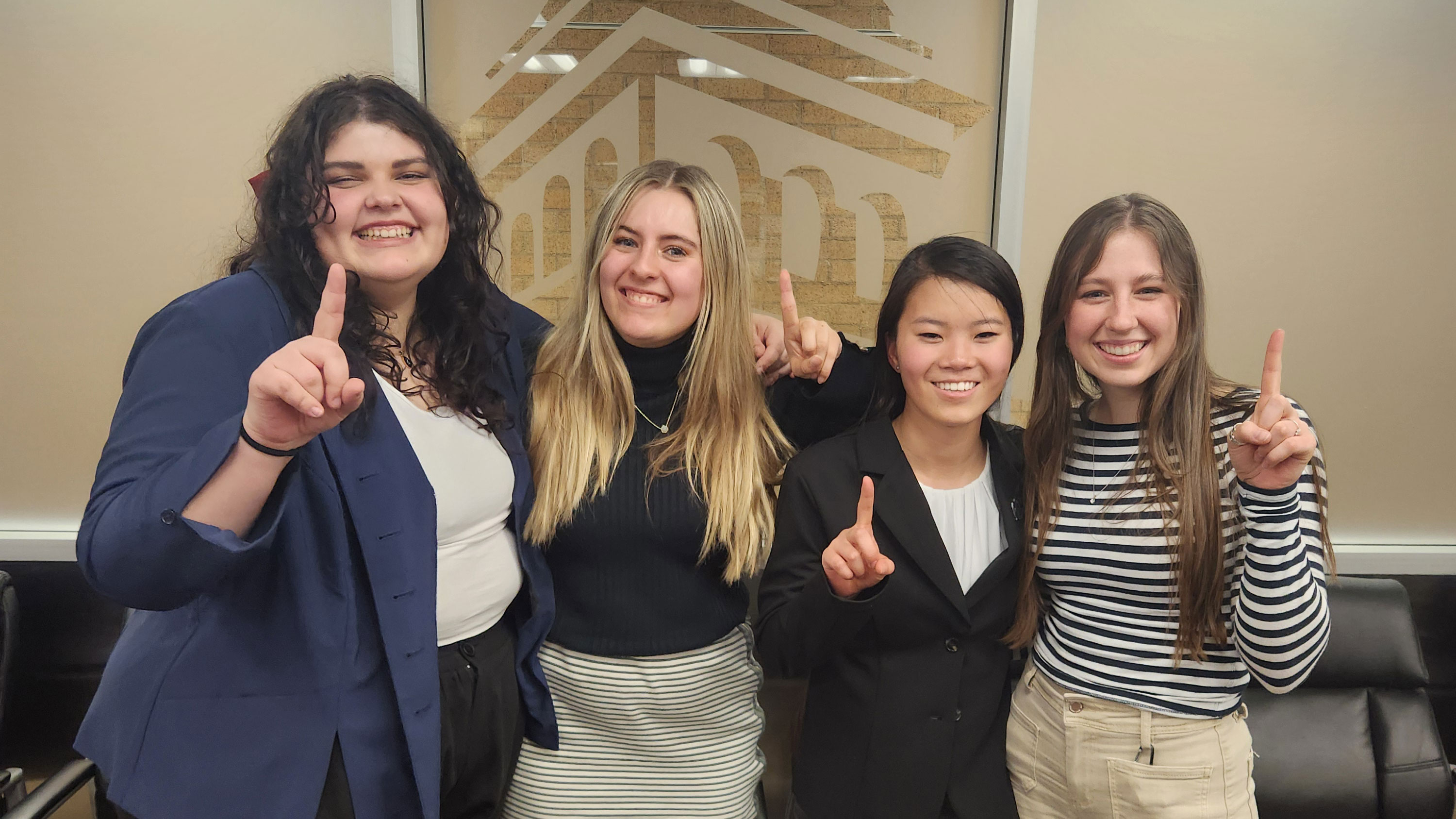Equipping Technical Communicators for Social Justice Work

Bridging the gap between caring about social justice and practicing it
By: Lyndi Robins, CHaSS Communications Journalist
Many people experience a disconnect between caring about social justice and knowing how to implement it in their own workplace. Rebecca Walton, USU English associate professor in the technical communication and rhetoric program and associate dean in CHaSS, recently co-edited a book titled Equipping Technical Communicators for Social Justice Work: Theories, Methodologies, and Pedagogies, which she hopes will help people bridge that gap.
The edited collection, published in June, was co-edited with Godwin Y. Agboka, professor of technical and professional communication at the University of Houston–Downtown.
Walton said Agboka first pitched the idea to co-edit a collection, and in brainstorming ideas for the book, they both recognized many people want to be more inclusive in their workplace practices and policies but aren’t quite sure how to go about it.
“We realized that people are becoming more and more interested in social justice and in learning how to do their jobs in a way that is just and equitable, but they don’t know how to translate theory into practice,” Walton said.
To Walton, the format of this book is one aspect that makes it powerful. Because it is an edited collection, the book includes diverse perspectives of many influential scholars and offers actionable advice on topics such as how to design courses that use election technologies to help students recognize systems of oppression at work in their own lives and communities. The book is divided into four sections: centering marginality in professional practice, conducting collaborative research, teaching critical analysis and teaching critical advocacy.
“Dr. Agboka and I are experts in social justice within technical communication, and we have well-known reputations in that field of work,” Walton said. “Yet, the two of us could never write such a comprehensive, practical, equipping book alone.”
The first section on centering marginality in professional practice suggests strategies and tools that can be applied by people with a variety of positionalities to prioritize the experiences and expertise of marginalized groups in workplace practices, behaviors and policies. For example, the first chapter was written by five women of color scholars and details their experiences in academia, including some of the trials that multiple marginalized professionals encounter in the workplace. Their chapter presents two sets of strategies for academics committed to social justice: one set for multiply marginalized scholars and one for white accomplices.
Walton is grateful to those who contributed their experiences and research to this collection.
“The brilliance of the book comes from the authors who wrote the chapters,” Walton said.
Equipping Technical Communicators for Social Justice Work can be purchased at Amazon.




